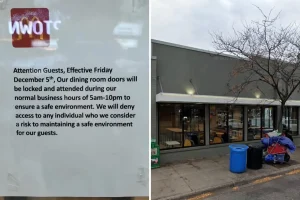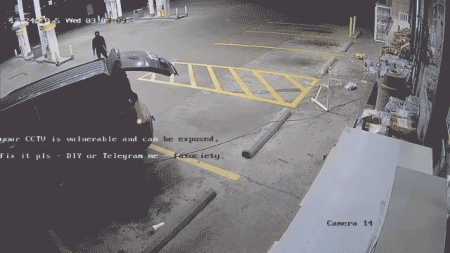The fragile peace in Syria, punctuated by moments of tentative relief, is overshadowed by a palpable sense of foreboding. The specter of renewed violence and suffering looms large, a chilling reminder of the brutal decade-long conflict that has ravaged the nation. Syrians, weary from years of war, displacement, and loss, find themselves caught between a cautious hope for a better future and the haunting fear of a resurgence of the horrors they have endured. This precarious balance underscores the complexity of the Syrian crisis, where even the slightest shift in the intricate web of political, social, and economic factors could trigger a devastating cascade of events. The deep-seated trauma inflicted by the conflict, coupled with the unresolved political issues and the precarious humanitarian situation, creates a fertile ground for future instability.
The scars of war run deep, not only on the physical landscape of bombed-out cities and ravaged villages, but also on the psychological well-being of the Syrian people. The collective trauma of witnessing unspeakable violence, losing loved ones, and enduring displacement has left an indelible mark on the national psyche. This trauma manifests in various ways, from increased rates of mental health disorders like PTSD and depression to a pervasive sense of fear and mistrust. The psychological wounds of war hinder the healing process, both at the individual and societal levels, making it difficult to rebuild trust and foster reconciliation. The fragility of the current peace is exacerbated by these unresolved psychological scars, which can easily be re-opened by even minor triggers, fueling a cycle of fear and resentment that could escalate into renewed violence.
The underlying political tensions that ignited the conflict remain largely unresolved. The fragmented political landscape, characterized by a complex interplay of competing factions, including the Syrian government, various opposition groups, and external actors, continues to pose a significant threat to stability. The lack of a comprehensive and inclusive political solution creates a vacuum that can be exploited by extremist groups and other destabilizing forces. The ongoing struggle for power and control further complicates the humanitarian situation, hindering access to aid and impeding the delivery of essential services to vulnerable populations. Without a genuine commitment to a political settlement that addresses the root causes of the conflict, the current lull in violence may prove to be nothing more than a temporary reprieve.
Compounding the political challenges is the dire humanitarian situation. Millions of Syrians remain displaced, both internally and externally, struggling to access basic necessities like food, water, shelter, and healthcare. The devastated infrastructure, coupled with the ongoing economic crisis, further exacerbates the humanitarian challenges, making it difficult to rebuild and recover. The lack of adequate resources and support for displaced populations creates a breeding ground for resentment and desperation, which can be manipulated by extremist groups and other actors seeking to exploit the volatile situation. The humanitarian crisis, therefore, not only represents a significant human cost but also poses a serious threat to the long-term stability of the region.
The international community’s response to the Syrian crisis has been fragmented and often ineffective. While there have been efforts to provide humanitarian assistance and mediate political solutions, these initiatives have been hampered by competing interests and a lack of unified action. The ongoing geopolitical tensions, particularly the involvement of external powers in the conflict, have further complicated the situation, making it difficult to achieve a lasting peace. The absence of a coherent and comprehensive international strategy to address the root causes of the conflict and support the Syrian people in their quest for peace and stability remains a major obstacle to long-term recovery. Without a concerted and sustained effort by the international community, the fragile peace in Syria remains vulnerable to collapse.
Looking forward, the path to peace and stability in Syria remains fraught with challenges. Addressing the deep psychological scars of war, resolving the underlying political tensions, alleviating the humanitarian crisis, and fostering a unified international response are all critical components of a sustainable solution. The international community must move beyond short-term humanitarian interventions and focus on long-term strategies that empower the Syrian people to rebuild their lives and their nation. This includes supporting local peacebuilding initiatives, promoting reconciliation and transitional justice, investing in economic recovery, and ensuring accountability for war crimes. Without a comprehensive and sustained commitment to these multifaceted challenges, the cycle of violence and suffering in Syria is likely to continue, dashing the hopes of a nation yearning for peace and a future free from the horrors of the past. The international community has a moral imperative to act decisively and prevent a resurgence of the tragic events that have defined the last decade. The future of Syria, and indeed the stability of the region, hinges on the collective will to build a lasting peace.










